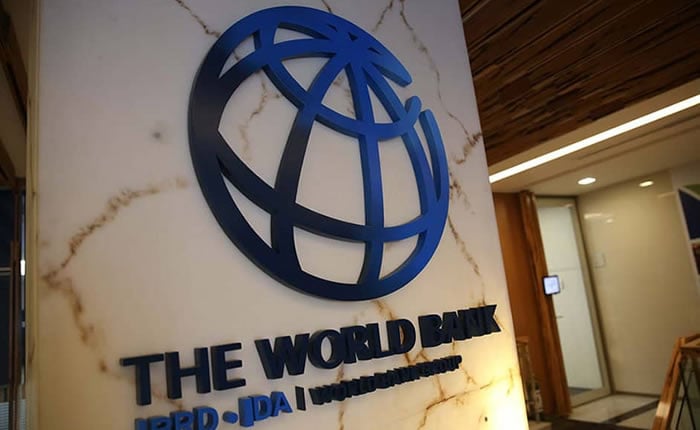The World Bank has projected that Nigeria’s population will rise by over 130 million, reaching about 350 million people by 2050. This growth places Nigeria among the countries with the fastest-growing populations globally. With more than 220 million inhabitants currently, the country ranks as the sixth most populous nation in the world.
Speaking at the 2025 World Bank-IMF Annual Meetings Plenary, World Bank Group President Ajay Banga emphasized the urgent need for nations like Nigeria to focus on job creation. He stated that employment opportunities should form the core of every national development and security plan. According to Banga, by 2050, more than 85% of the world’s population will live in developing countries, and Africa alone will host one in every four people on earth.
The World Bank president also revealed that about 1.2 billion young people will join the global workforce within the next 10 to 15 years, competing for only 400 million jobs — just one-third of what is needed. He highlighted that with proper investment in young people, Africa could become a “powerful engine of global growth.”
Banga further detailed reforms within the World Bank, noting the replacement of 153 internal metrics with 22 key performance indicators. He announced that the Bank’s financial capacity expanded by $100 billion, and annual financing increased from $107 billion to $119 billion in two years. The institution also boosted private capital mobilization from $47 billion to $67 billion, raising total commitments to $186 billion.
He added that through various initiatives, millions have benefited: 20 million farmers gained access to modern technology and markets, 60 million people connected to electricity, 70 million individuals improved their education or job skills, and 300 million citizens received better healthcare and nutrition. Banga reaffirmed the Bank’s ongoing collaboration with governments to combat corruption using data-driven tools, digital IDs, and AI-powered systems to track illicit financial flows.







